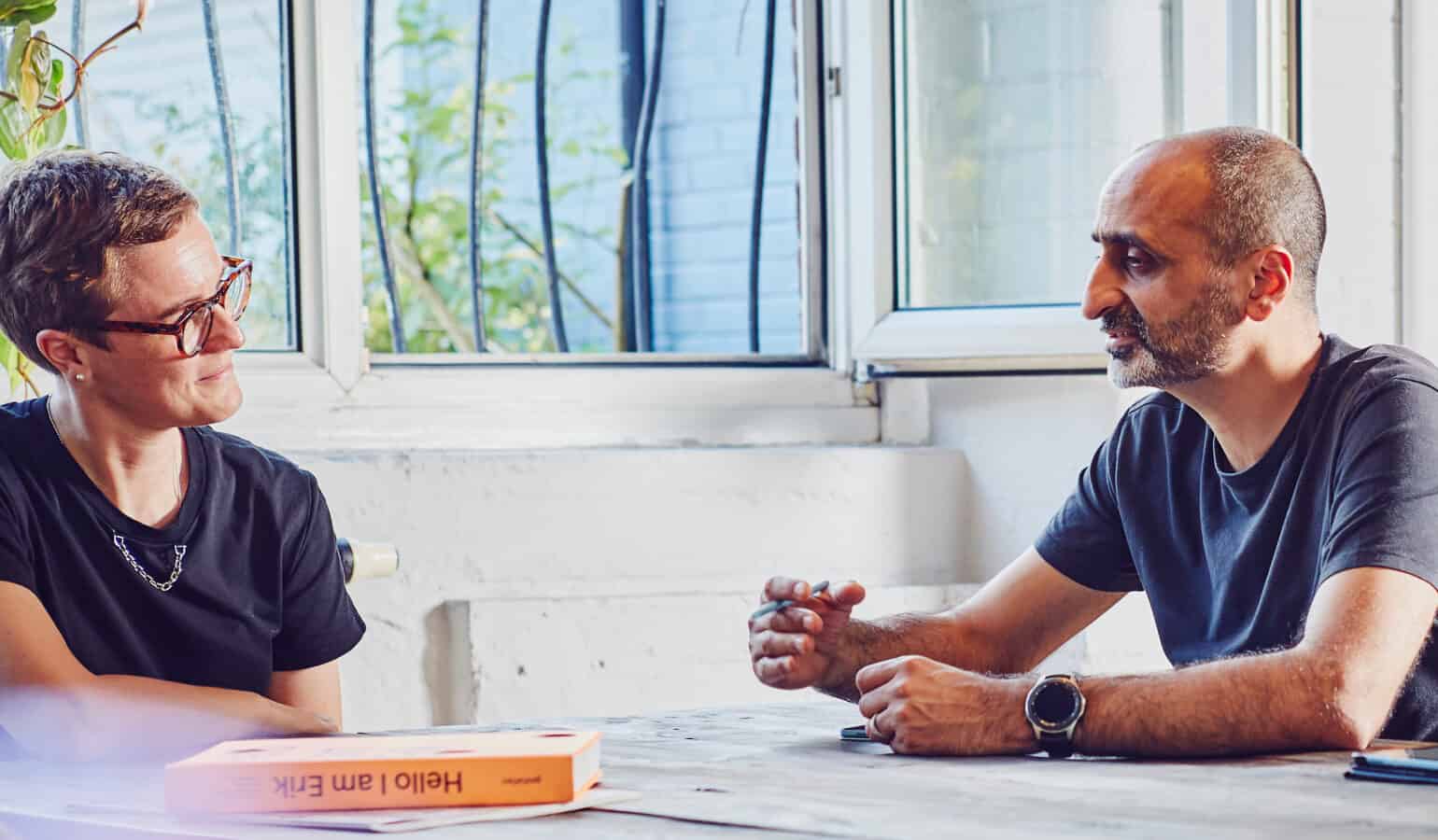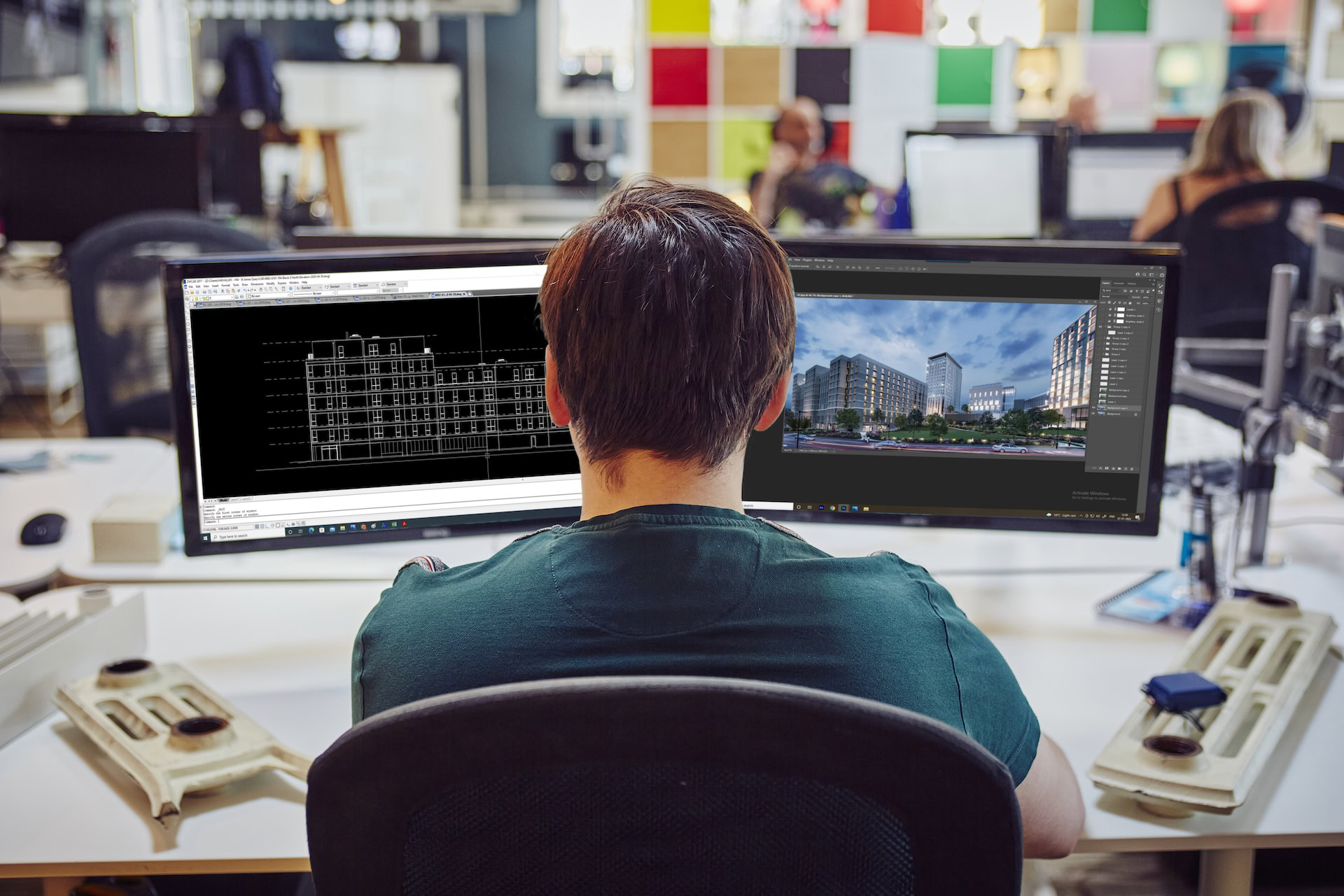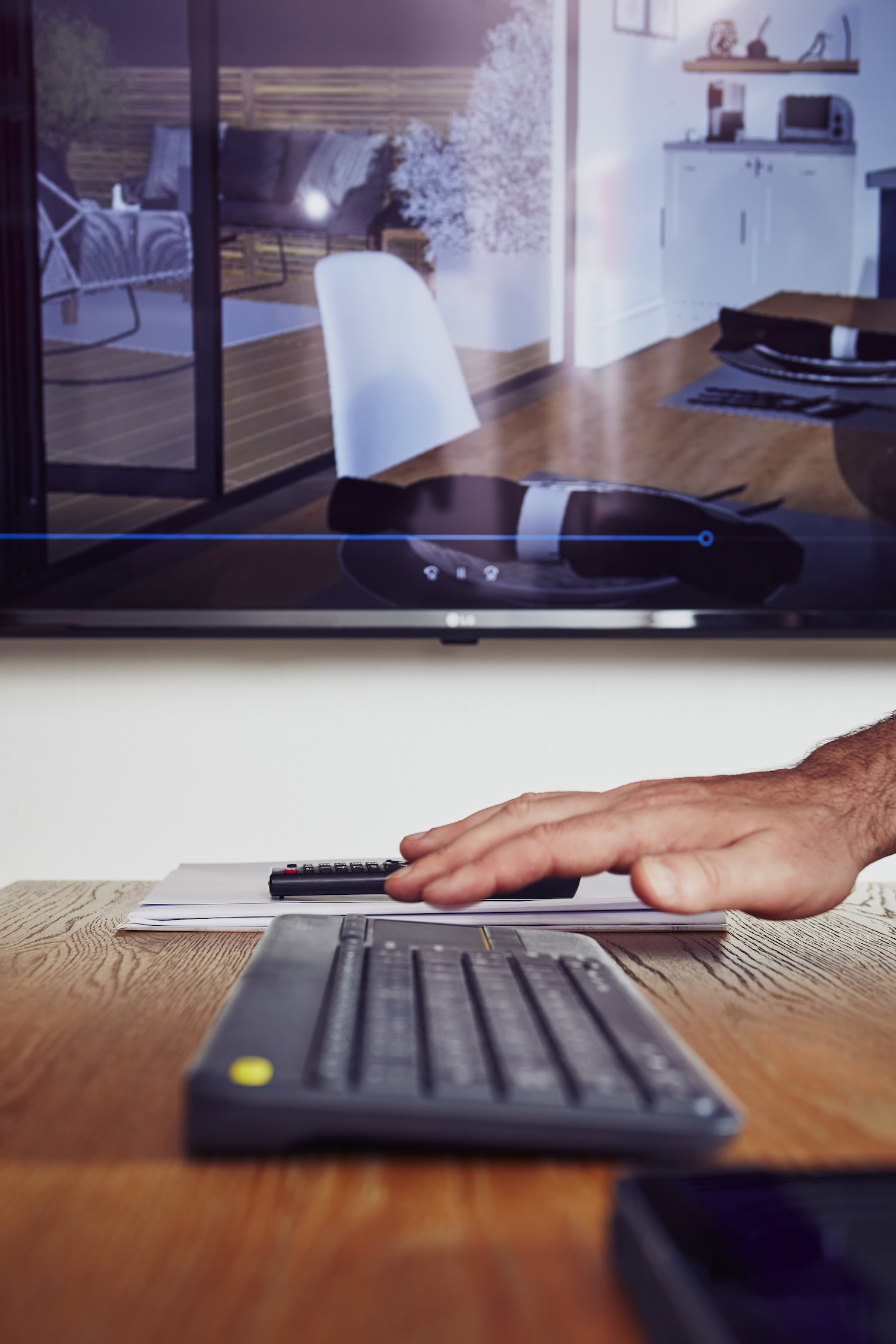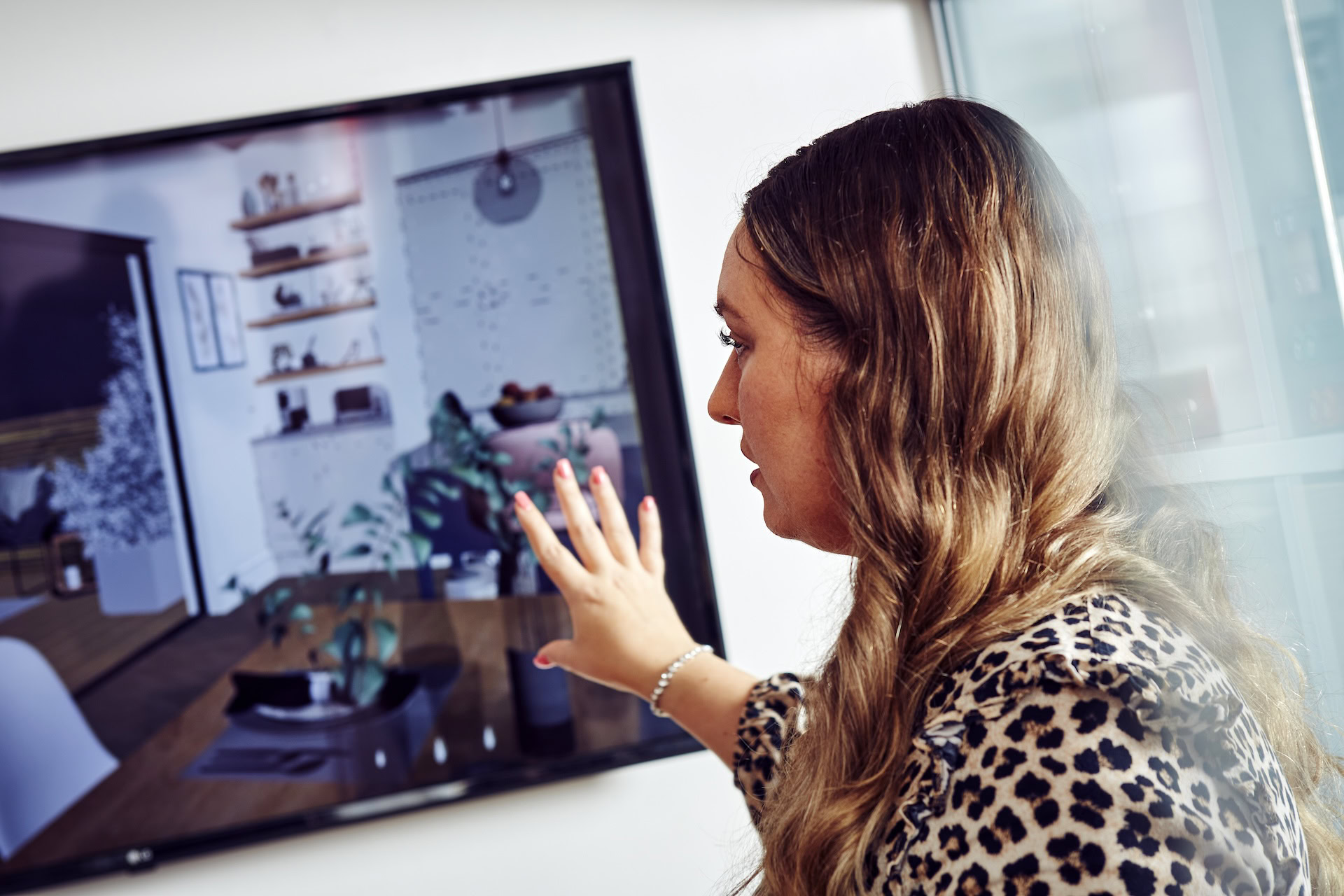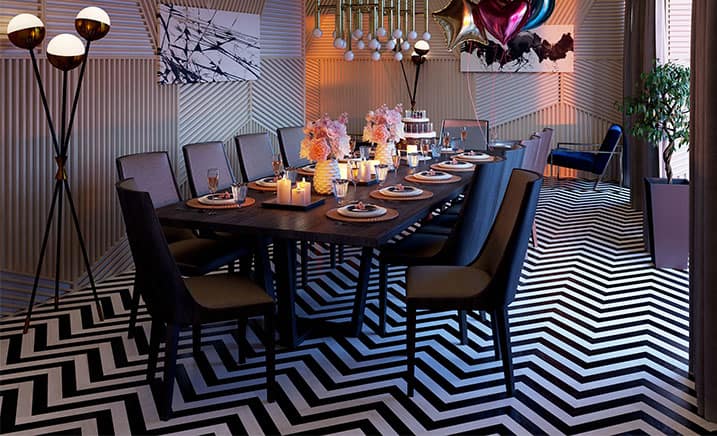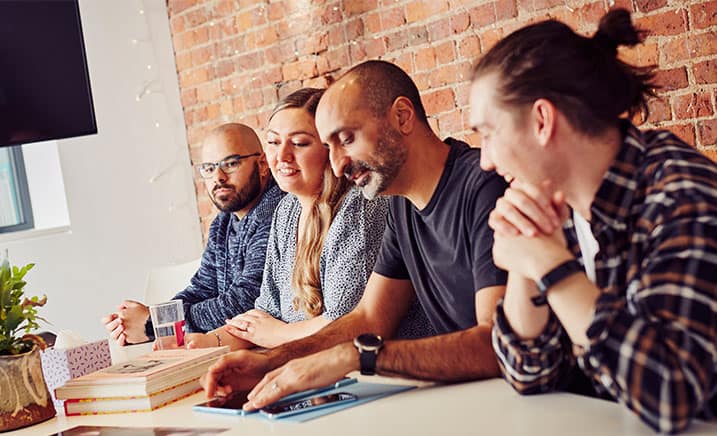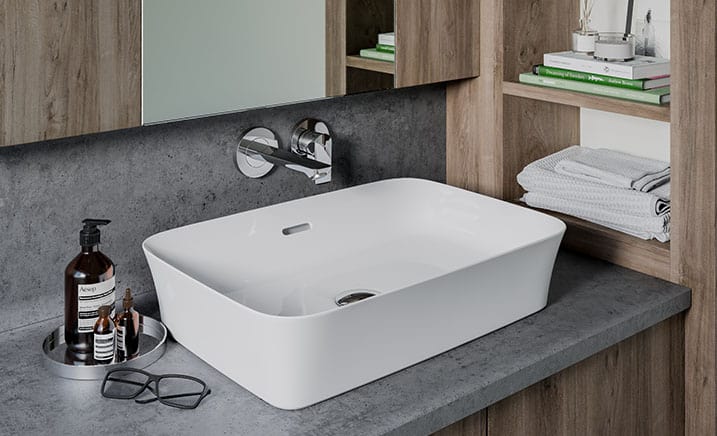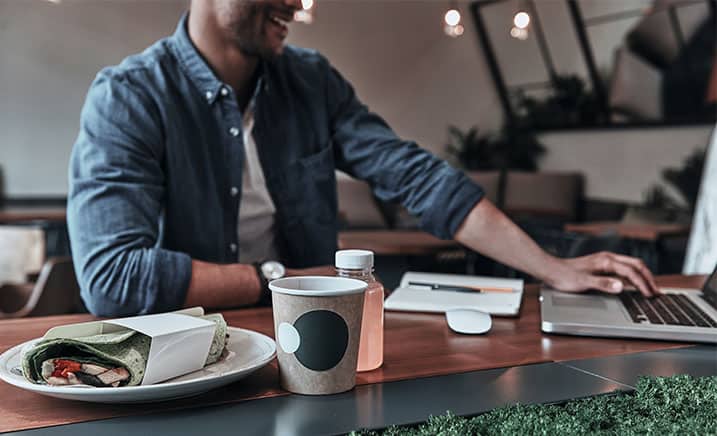AI Extending The Human Reach.
Explore AI tools that blend seamlessly into your workflow, empowering
you to create more efficiently. From transforming spoken ideas into text to
enabling hands-free control, these innovations enhance your natural
abilities, allowing for greater creative expression and productivity.
Discover the potential of technology working in harmony with your
creativity to bring your visions to life.


